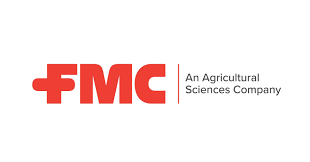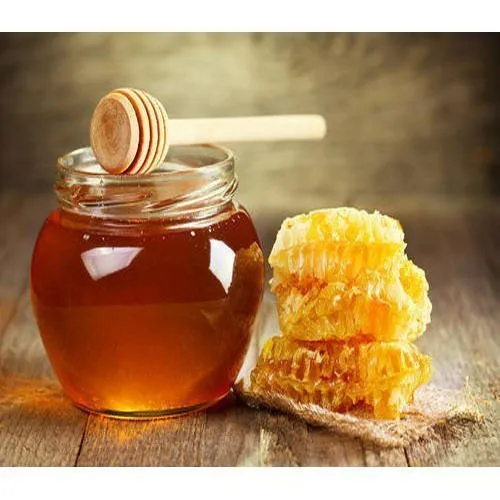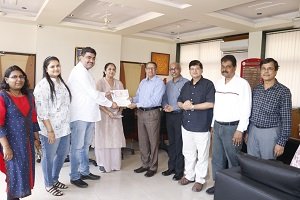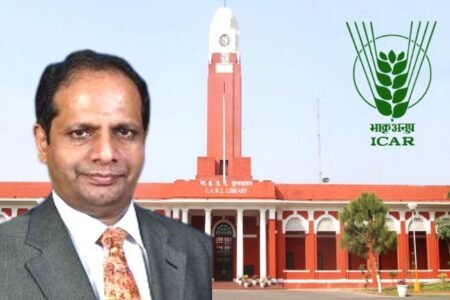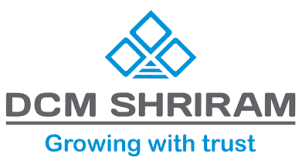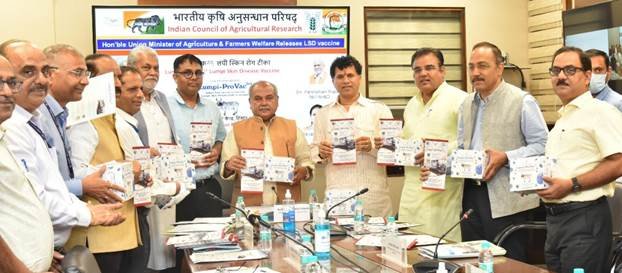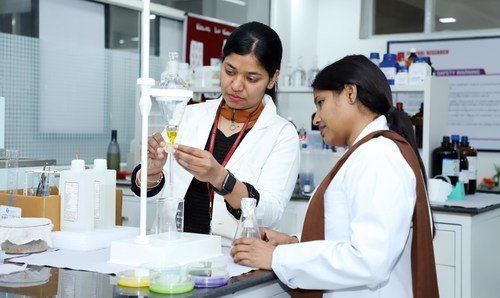By Anil Kumar SG, Founder and CEO, Samunnati
Indian agriculture is cruising on the IT superhighway fueled by increasing digitisation, leading to low cost of acquiring data on everything from land records, topography, soil conditions, to crop development, weather-related data collected by drones and satellites. Application of technologies has also introduced new funding opportunities for investors, and startups, which are now striving to tackle the major challenges that farmers face.
India’s agriculture and animal husbandry sector demonstrated remarkable resilience even during the COVID-19 pandemic. Valued at $370 billion, the sector continues to be the principal source of income for over 40 per cent of the population and contributes a fifth of the country’s GDP (FY 2021). But the sector has been plagued for long by chronic structural issues and inefficient commodity value chains, since 86 pe cent of India’s farmers belong to the small and marginal category.
India still loses close to 40 per cent of its horticulture production mainly due to fragmented and disconnected supply chains, poor post-harvest management, lack of processing facilities, lack of connectivity via roads, absence of scientific storage during distribution, and so on. Farmers neither have access to timely information nor actionable advice and price signals do not reach them in time. Hence, overall, the agri commodities supply chains are operating at sub-optimal capacities.
Role of innovations and technology
Despite chronic issues such as low literacy levels, poor digital literacy, inadequate infrastructure and lack of access to formal financial systems, India has made huge progress on all these fronts in the last few decades. Farmers adopt those technologies or innovations that are simple to understand, easy to use, and give demonstrable results on the field.
Scale-neutrality is another important factor that is vital to ease the technology transition for farmers, especially, the use of digital tools. The COVID-19 pandemic in fact, contributed towards pushing farmers towards the ‘digital advisory’ model. Many Indian AgTech companies currently providing innovative products for enhancing traceability, cutting wastage in supply chain, real time weather monitoring or pests and disease alerts, are helping the farmers, mainly smallholders, get connected to the wider ecosystem and vice versa.
Several AgTech players support farmer collectives (Farmer Producer Organizations/ Farmer Producer Companies) through digitisation. Recently, the Indian government also launched an initiative to establish 10,000 farmer-owned cooperatives by 2024. When FPOs are coupled with e-commerce B2B and B2C platforms at the front end, commodity supply chains transform into demand-driven and market-oriented value chains by eliminating inefficient processes and intermediaries. FPOs can facilitate faster adoption of productivity-boosting technologies by leveraging economies of scale and building the necessary infrastructure. All these are slowly but steadily helping the commodity value chains become lean, and efficient.
Innovation-led growth
Among all the issues, credit remains the most important for a farmer. Equally important is for farmers to have access to formal financial sources to avoid exploitation by indiscriminate agents or money lenders. Easing access to finance will help risk-averse farmers invest in better quality inputs, and technologies, which will ultimately enhance their incomes. Tech-driven fintech companies are creating innovative products and services to suit those who traditionally remained ‘unbankable’ for long in the agri value chains, mainly the smallholder farmers. Synergistic partnerships are critical and evolution of newer concepts like Co-lending arrangements wherein traditional banks are partnering with the new-age, digitally driven fintech NBFCs, which can lead to enhanced financial inclusion to help the underserved and the unserved like MSMEs, and tier 3, 4 cities.
To read more click on https://agrospectrumindia.com/e-magazine
By Anil Kumar SG, Founder and CEO,

